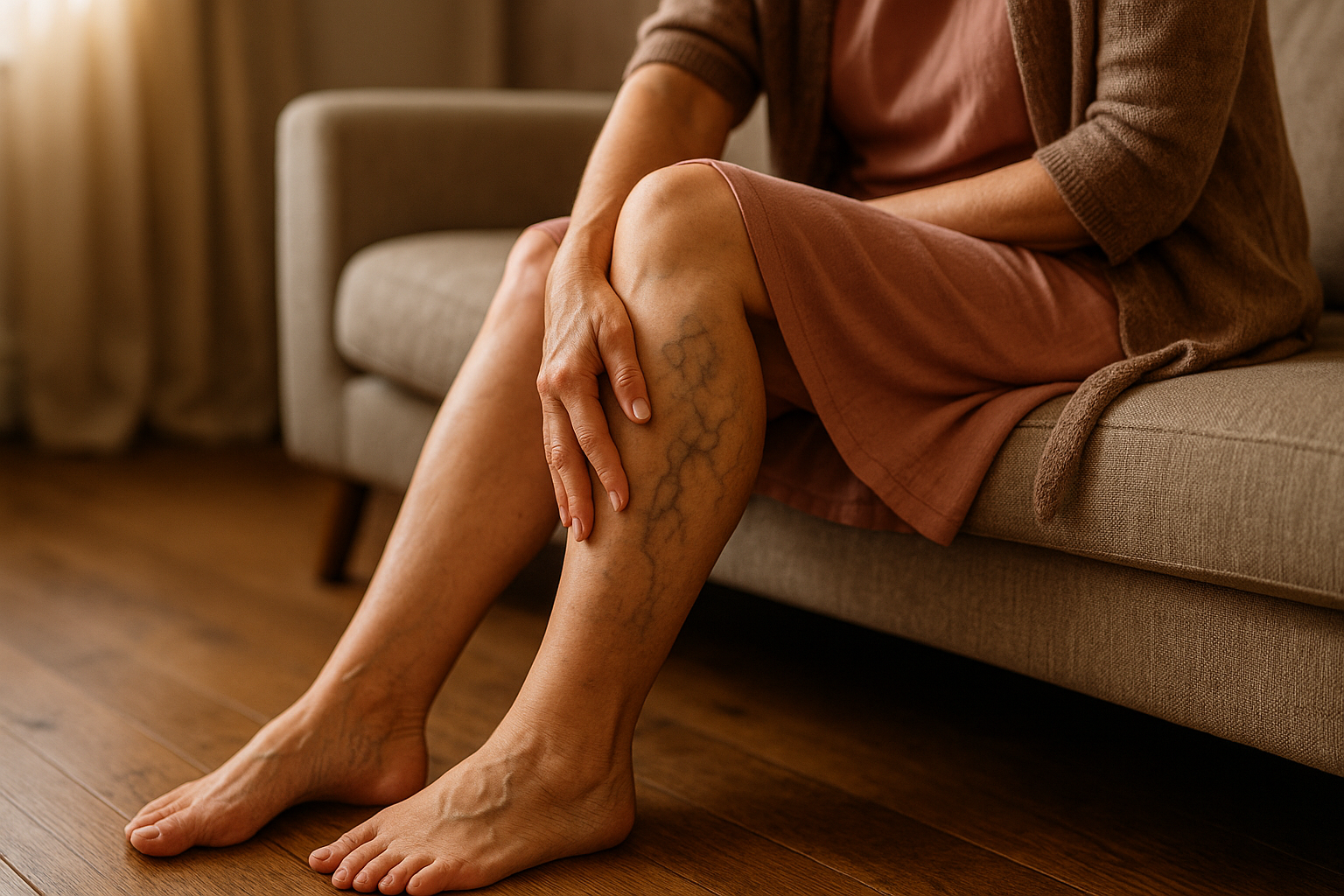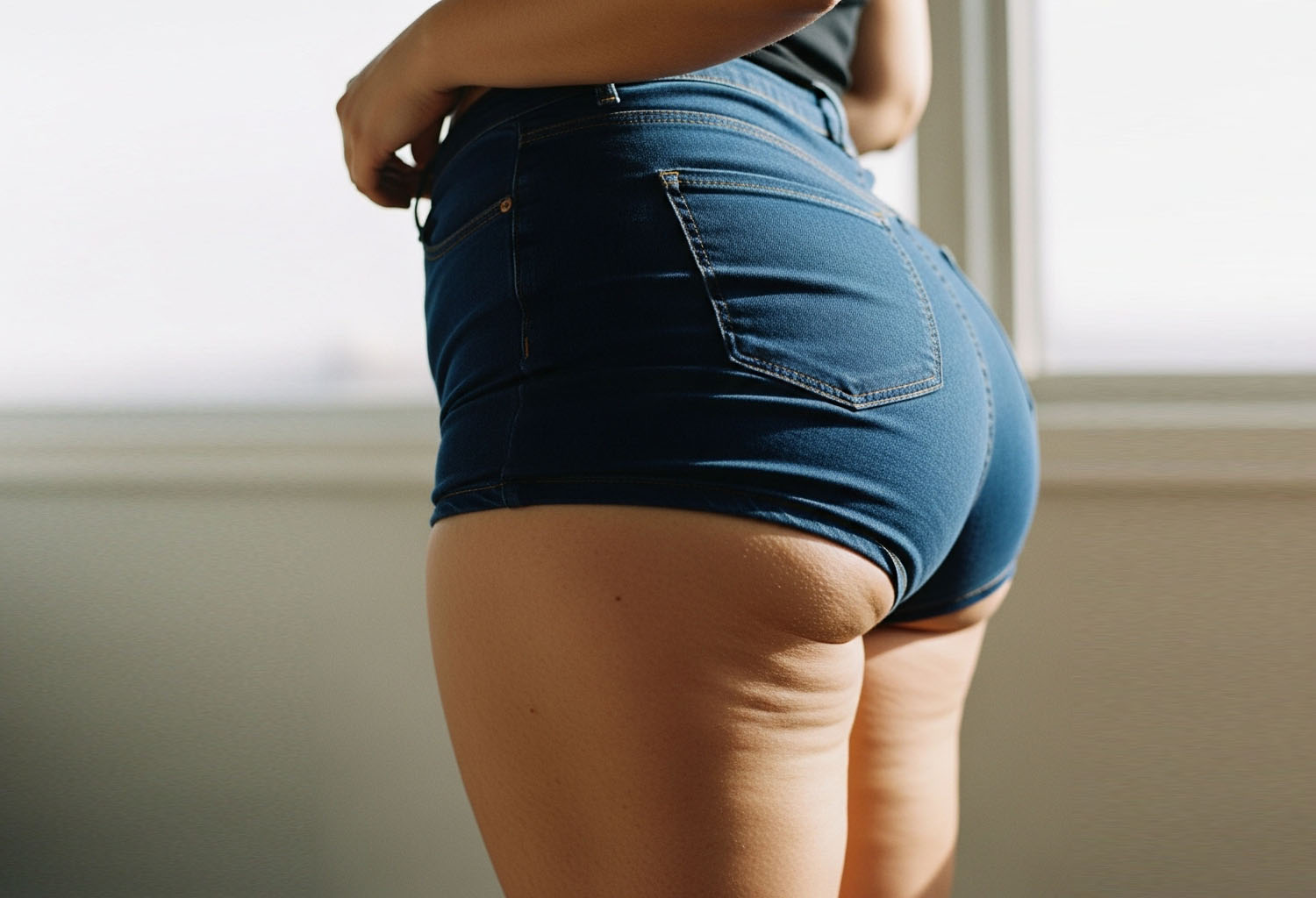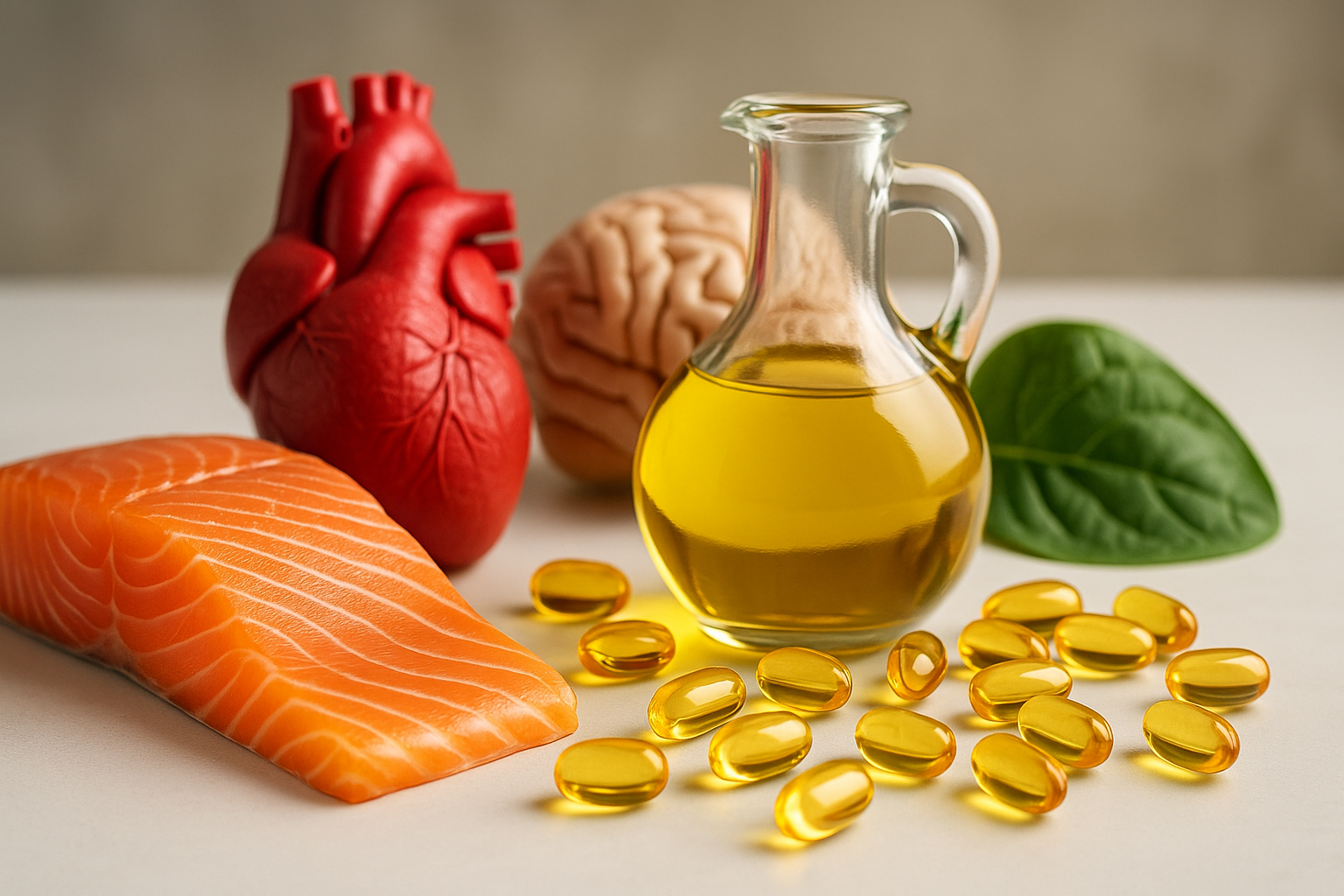
Affected people feel listless and weak during the dark season. This is mainly due to the lack of light - but nature offers help.
Winter depression occurs regularly during the darker months of the year and puts those affected into a seasonal depression. Above all, a lack of light seems to be responsible for this temporary and recurrent depression. However, other factors such as disturbed metabolic processes and a negative inner attitude towards winter are also attributed a certain importance. In most cases, (natural) light therapy, St. John's wort, plenty of exercise in the fresh air and other household remedies help to counteract and prevent the symptoms.
Many people feel mood swings that vary with the weather and season. But this is not the same as depression. One only speaks of a winter depression if complaints occur only during the dark season, which can be assigned to the typical depressive symptoms. With the winter blues these signs are generally less pronounced.
In contrast to the general clinical picture of depression, however, winter depression is not accompanied by the usual difficulties in falling and staying asleep, but rather by a noticeably increased need for sleep. However, longer sleep phases are usually not restful, on the contrary: those affected feel tired and exhausted during the day. Loss of appetite and weight loss also occur less frequently, but instead an increased need for food intake with a craving for carbohydrates and sweet foods. This often leads to weight gain. Other signs are listlessness, tiredness during the day, low concentration and performance, social withdrawal and other moods that can be accompanied by worries, fears and irritability.
In addition to the psychological signs, there are also regular physical effects. Those affected often experience complaints such as headaches, breathing disorders, heart pain, digestive problems or muscle tension.
The lack of light in the period from November to February is primarily blamed for the development of winter depression, which is said to affect brain metabolism. The pineal gland, which is located above the midbrain, is sensitive to light-dark stimuli and reacts by releasing the hormone melatonin. An increased melatonin level has a restrictive effect on attention and influences the release of other hormones.
In addition, the lack of light causes an imbalance in the neurotransmitter balance. A deficiency of the "feel-good hormone" serotonin is said to play a special role here. However, the exact connections are still the subject of scientific research.
Drug therapy, especially with selective serotonin reuptake inhibitors (SSRI), should only be used in cases of very severe winter depression. The most recognized treatment method is probably light therapy. In many cases, however, natural treatment methods and household remedies are already helping the affected persons. Long walks as a kind of natural light therapy or natural remedies such as St. John's wort, for example, show good efficacy in alleviating symptoms.
* This text may contain translation errors as the translation was performed by an online translation tool.










